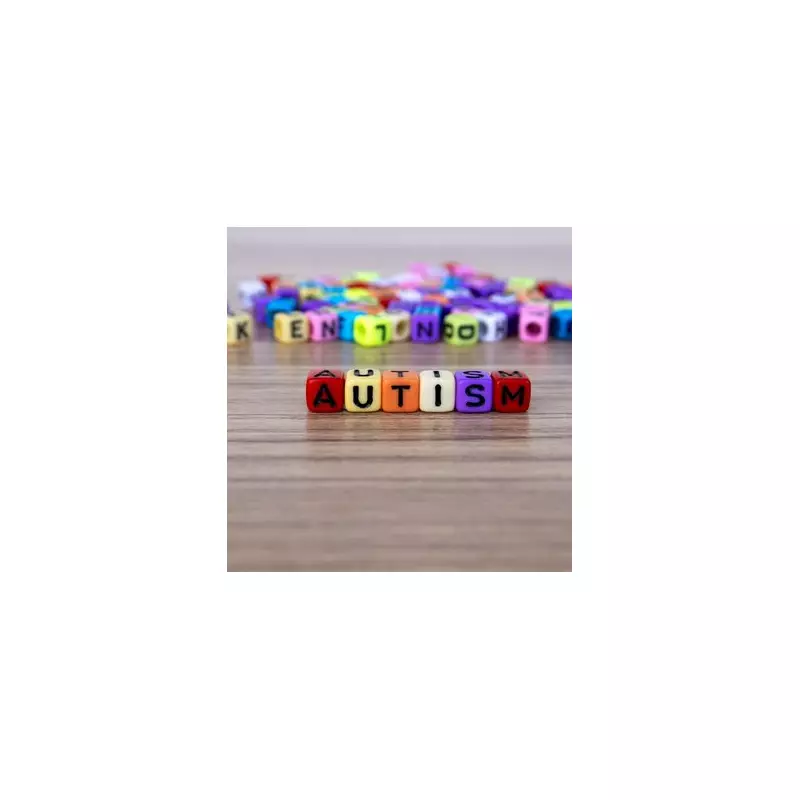
Many adults are living with undiagnosed autism and ADHD, unaware that the daily challenges they face could be indicators of neurodivergence. While most people recognise the more obvious signs, numerous subtle traits often go unnoticed for years.
Dr. Tony Floyd, a clinical psychologist specialising in neurodevelopmental conditions, explains: "The stereotypical presentations we see in media don't capture the full spectrum. Many intelligent, high-achieving adults have developed sophisticated coping mechanisms that mask their underlying neurodivergence."
The Overlooked Indicators
Here are seven subtle signs that might indicate autism, ADHD, or both:
1. Sensory Sensitivities Beyond the Obvious
While many associate sensory issues with loud noises, it often extends to subtler triggers. Certain clothing textures that feel "unbearable," specific food consistencies that cause distress, or being overwhelmed by multiple conversations happening simultaneously could all indicate sensory processing differences.
2. Social Communication Exhaustion
"Many adults describe feeling like they're performing in social situations," notes Dr. Floyd. "They might prepare scripts for conversations or feel completely drained after social interactions that others find energising."
3. Intense Focus on Specific Interests
While passion for hobbies is common, neurodivergent individuals often experience "hyperfocus" - becoming so absorbed in interests that they lose track of time and neglect other responsibilities. These special interests provide deep comfort and satisfaction.
4. Emotional Regulation Challenges
Difficulty managing frustration, experiencing emotions with overwhelming intensity, or needing significant time to process feelings can all relate to neurological differences in emotional regulation.
5. Executive Function Struggles
This goes beyond simple forgetfulness. Challenges with planning, organisation, task initiation, and time management that consistently impact daily life - despite having the skills and desire to complete tasks - may indicate ADHD.
6. Need for Routine and Predictability
While many people appreciate routine, neurodivergent individuals might experience genuine distress when routines are disrupted. This need for predictability helps manage anxiety and sensory overload.
7. Physical Manifestations
Many develop physical habits like stimming (self-stimulatory behaviour) which can include hair-twirling, pen-clicking, or rocking. These behaviours help regulate emotions and process information.
Seeking Understanding and Support
Dr. Floyd emphasises that recognising these signs isn't about labelling but about understanding: "A diagnosis can be incredibly validating. It helps people understand why they've struggled in certain areas and access appropriate support."
The NHS provides assessment pathways for adults suspecting they might be neurodivergent. The process typically involves referral through a GP to specialist services, though waiting times can vary significantly across different regions.
Understanding these subtle indicators helps create more neurodiversity-affirming workplaces and social environments, benefiting everyone in our communities.





